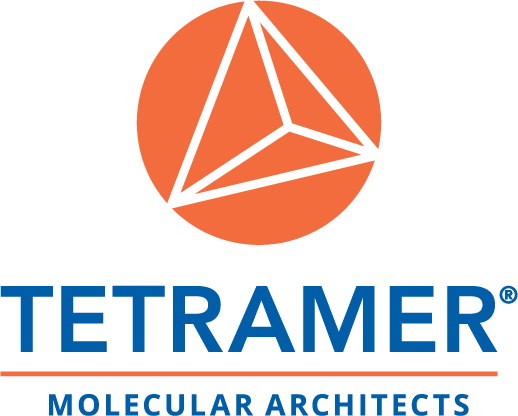Tetramer has been awarded a DOE Phase I Grant (DE-FG01-11ER90203) to develop high performance water vapor membranes to improve fuel cell balance of plant efficiency and lower costs. As a technology that would dramatically reduce both US dependence on foreign oil and lower carbon dioxide emissions, stationary and transportation fuel cells are very attractive. Although the stationary fuel cell market is well establishes and prototype automotive and bus vehicles have successfully demonstrated practical road tested viability, the overall cost of the technology is still too high. One cost component of the total system is the ability to manage the humidity inside the cell to an optimum level. The benefits are significant, resulting in improved cell performance and durability, lower cost, smaller footprint, lower weight of the balance of the fuel cell plant. The new Tetramer® membranes are based on proton exchange membrane technology developed at Tetramer and are projected to be significantly cheaper than the current perfluorinated alternatives while providing increased performance and long term durability. The overall objective of this program is the synthesis of new membrane molecular architectures designed to enhance water vapor transport WVT (vs. hydrogen ion transport) by 70% over the current Nafion technology, while maintaining or exceeding the 20,000 cycle automotive durability test. In addition, these membranes will have 50% projected lower cost than competing fuel cell water vapor membranes. Phase II will involve scale up and commercialization of the automotive application and expansion to non-automotive fuel cell systems with other partners. In addition, other humidification/dehumidification applications will be explored.


